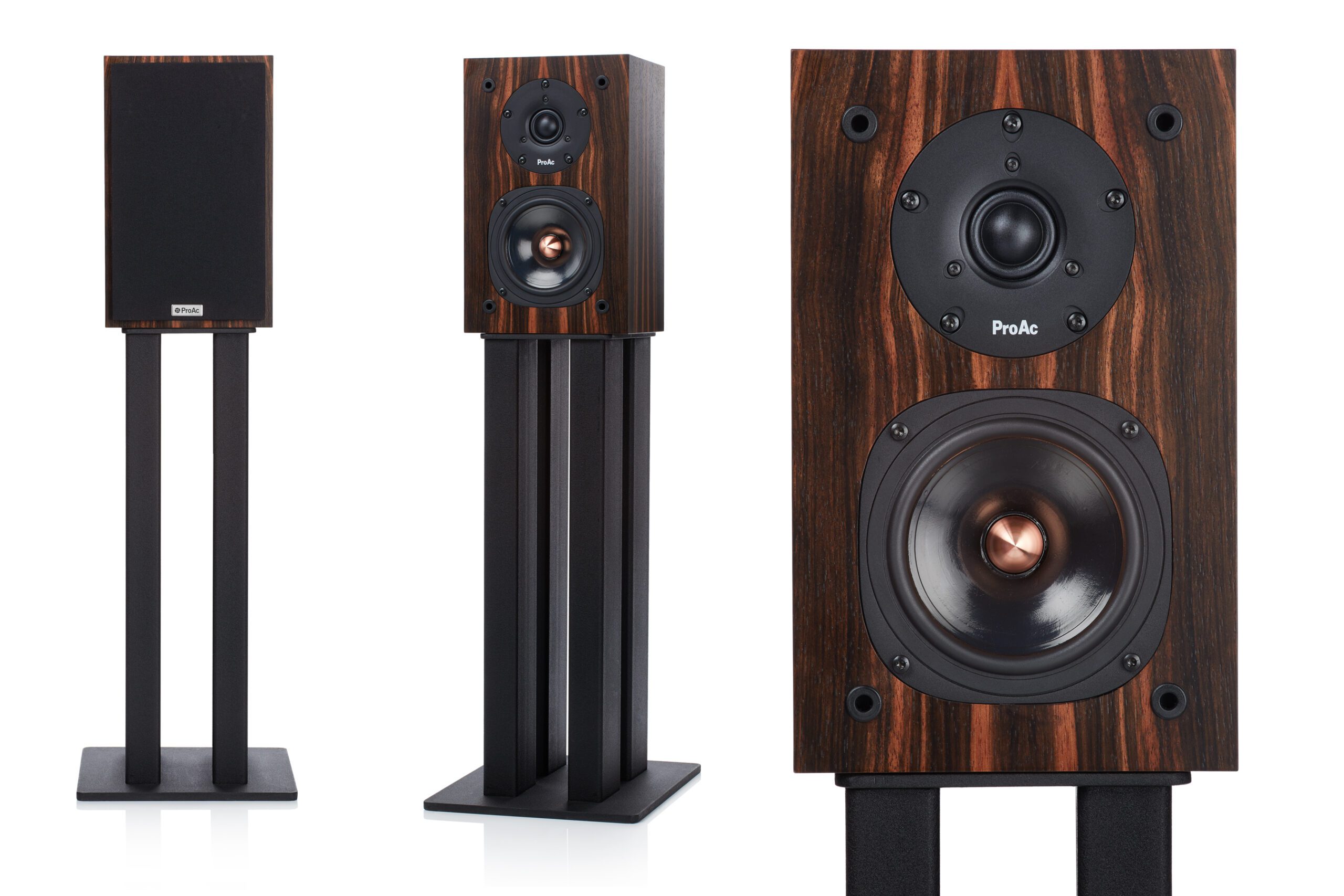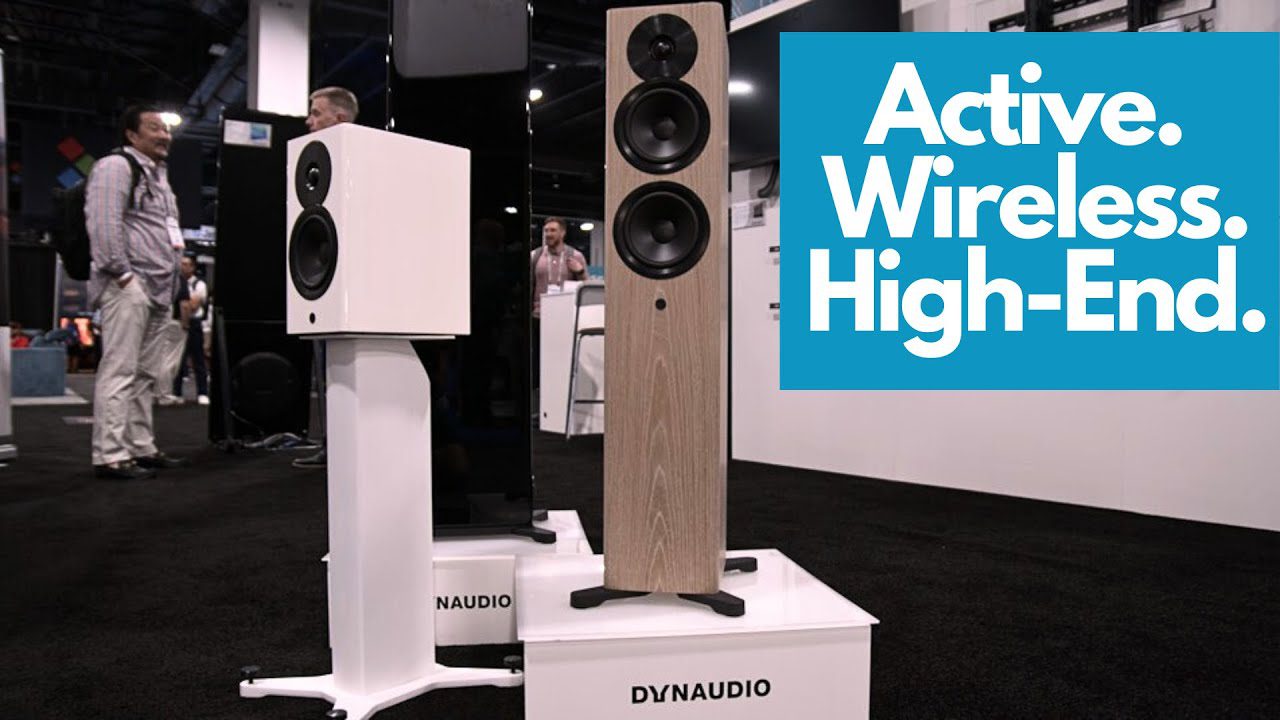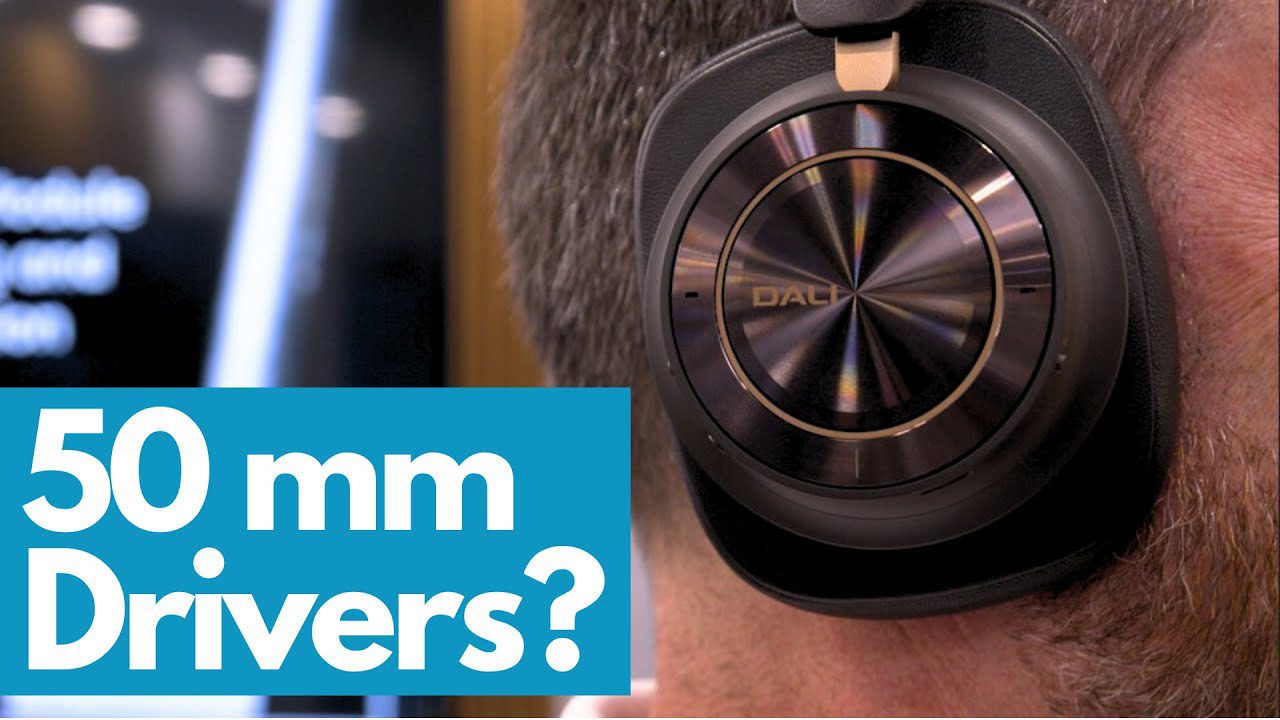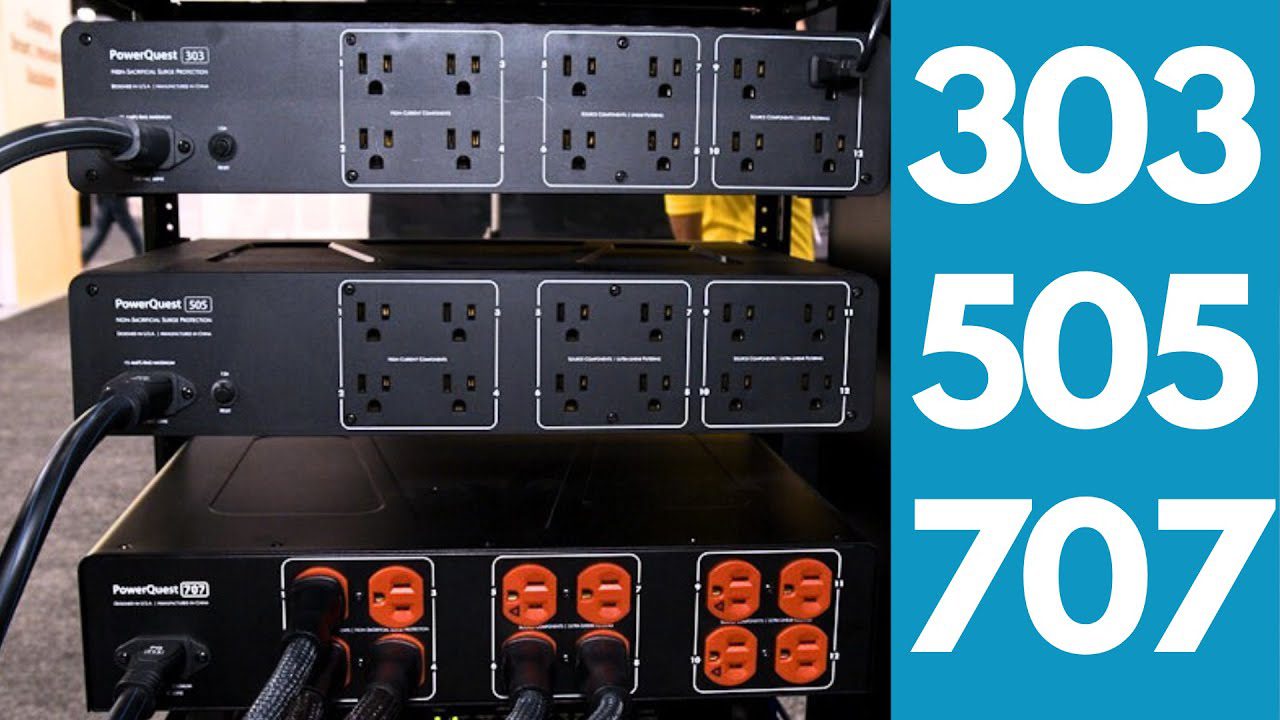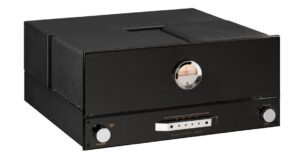
The Allnic AUT‑2000 is a step‑up transformer (SUT), designed to boost the output of a Moving Coil cartridge for use with a Moving Magnet phono stage. It sounds like a terribly old‑fashioned concept – phono stages with adjustable gain for all bar the most insanely low MC outputs have been available for decades. And yet, the SUT steadfastly refuses to die.
There is very good reason for their continued survival – the sound they help make when used in context. Creating the 20dB or more of gain required to augment an MC electronically (using active components) can introduce small amounts of intermodulation distortion across the whole audio spectrum, but doing the same electrically (using a transformer) is more benign with often just extremely small amounts of signal attenuation and harmonic distortion, both of which depend on the size of the transformers and mostly effect the bottom end of the frequency spectrum. The Allnic AUT‑2000 uses oversized Nickel/permalloy core transformers – one per side –claimed to deliver high‑levels of input signal saturation, and the transformer windings are in a five‑section ‘sandwich’ layout, which is claimed to lower inductance leakage. These transformers sit on silicone elastomer pads on the solid aluminium block base‑plate. Vibration shouldn’t be an issue in this part of turntable replay, but in reality, anything that can be done to minimise undermining these tiny signals at this stage is vitally important.
The AUT‑2000 has four gain‑level settings, each with its own tap from the transformer: +22dB, +26dB, +28dB, and +32dB . Almost regardless of cartridge load, the secondary load resistor in the output stage means any MM phono stage connected to the AUT‑2000 ‘sees’ a near‑perfect 47k Ω load. Rather than use a slightly different secondary load resistor on each tap, Allnic doesn’t tweak the output of the AUT‑2000, and as a result there is some mild attenuation at the frequency extremes on all the settings apart from the +26dB setting. However, as this attenuation is at worst –1.5dB and at best –0.2dB, this is a practical solution to keep extraneous wiring to a minimum. This arrangement of loading and settings will make the AUT‑2000 compatible with an extremely wide range of cartridges; super low output and weird moving coil loads that will challenge the AUT‑2000 will challenge anything apart from dedicated SUTs designed for that specific cartridge (such as Audio Note’s Io), and are thus really beyond the scope of this test.
I routinely use the relatively modest Denon DL103 moving coil; it’s a cartridge with great potential, not only in customisation by third parties, but as a damn good cartridge in its own right. I’ve also had a run of bad luck with ‘trashing’ cartridges lately, and while ruining a DL103 is upsetting, ruining a Koetsu is audio trauma. At 100Ω output impedance and a 0.3mV output, it’s also an ideal load for the AUT‑2000, even if the relative pricing of the two makes the pairing lop‑sided. I also confess to designing something of a torture test for the AUT‑2000; if there’s one cartridge capable of sounding universally good in any on‑board MC stage, it’s the Denon DL103, which I felt meant the AUT‑2000 would have to be ‘exceptional’ rather than just ‘better’. I did experiment with more challenging loads, too (from Ortofon, a retipped Koetsu that’s still coming back to life, and Benz‑Micro), but the bulk of my listening was informed by the DL103 playing directly into an AUT‑2000.

I’ve had dealings with SUTs before, and the results have been mixed, but the AUT‑2000 is a different class of SUT. Where typically a step‑up transformer seems to generate hum, hiss, and noise unless in the most inconvenient possible place (my last needed to be hung from the ceiling using fishing line), the AUT‑2000 is totally fuss free. I don’t recommend placing it on the main transformer of a kilowatt power amp, but its ability to create a superbly quiet noise floor for the phono stage is both exceptional and rare. This is all the more noticeable in the run‑in groove; I have an extremely clean version of Sting’s Dream of the Blue Turtles [A&M] and the lead‑in groove before ‘If You Love Somebody Set Them Free’ is supremely quiet, with only a hint of pre‑echo. Through the AUT‑2000, it simply disappears into silence. The difference is subtle, but significant, and impossible to hear through most SUTs, but the fuss‑free Allnic resolves deep into the groove.
Far from being an additional expense for no good reason, the Allnic AUT‑2000 might make you wonder whether you need an expensive cartridge, because you discover that thinness and brightness that is seemingly endemic to lower‑end cartridges is actually more to do with the active gain stages straining. When the task is handed over to a pair of passive transformers, a sense of balance is restored. The bassoons in the opening of Tchaikovsky’s Pathétique symphony [No 6, Mravinsky, Leningrad PO, DG] have the depth and solidity that is sometimes lost in cheaper cartridges and no longer sound like big oboes. Stereo separation and clarity are also improved, but the big change is that restoration of the tonal balance.
There are some phono stages where an SUT is almost unnecessary. The excellent Pass Labs XP25 used as a Hi-Fi+ reference point is one such example, and the addition of an SUT adds little to the overall performance. I’d argue that the AUT‑2000 still has benefits to offer the listener in absolute terms, but when the moving coil’s low gain is handled as well as the XP25, the AUT‑2000 is harder to justify. However, in listening closely to the AUT‑2000, what’s also clear is just how many seemingly good MC phono stages (and indeed, MC cartridges) are hampered by the input itself. I think most of us would benefit from a touch of Allnic, here.
The Allnic AUT‑2000 is that rare thing in consumer electronics; a device with no obvious downsides. While a few world‑class MC stages might not see a big improvement in adding an SUT of Allnic’s calibre, the rest of us can instantly enjoy the sound of any moving coil, without it being hobbled by the electronics. The AUT‑2000 lets both cartridge and phono stage do their respective jobs without getting in the way, and the more you listen, the more you realise just how important that ‘do no harm’ approach really is. Very highly recommended.
Technical Specifications
- Inputs: MC (Moving Coil – unbalanced (RCA) × 1 pair
- Outputs: Unbalanced (RCA) × 1 pair, Screw Type ground × 1
- Maximum Input Level (Non‑clipping): At 20Hz, 10 Times: up to 230mV
15 Times: up to 150mV
20 Times: up to 115mV
30 Times: up to 57mV
At 1kHz, for any ratio, more than 10V - At 10kHz, for any ratio, more than 10V THD (Total Harmonic Distortion): Less than 0.025% at 1 kHz, +20 dB Gain
- Dimensions (W×H×D): 160×113×57mm
- Weight: 1.86kg
- Price: £1,395
Manufactured by: Allnic Audio Labs
URL: www.allnicaudio.com
Distributed by: Lotus Hi‑Fi
URL: www.lotus340r.net
Tel: +44(0)788 785 2513
Tags: FEATURED
By Nicholas Ripley
More articles from this authorRead Next From Review
See all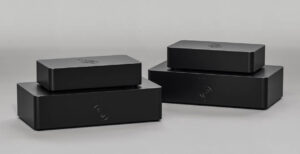
Reiki Audio SuperSwitch Master Pro + Servant Pro
- Mar 27, 2024
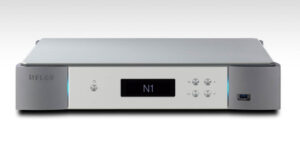
Melco Audio N1-S38 music server
- Mar 27, 2024

Focal Utopia 2022 headphones
- Mar 27, 2024

